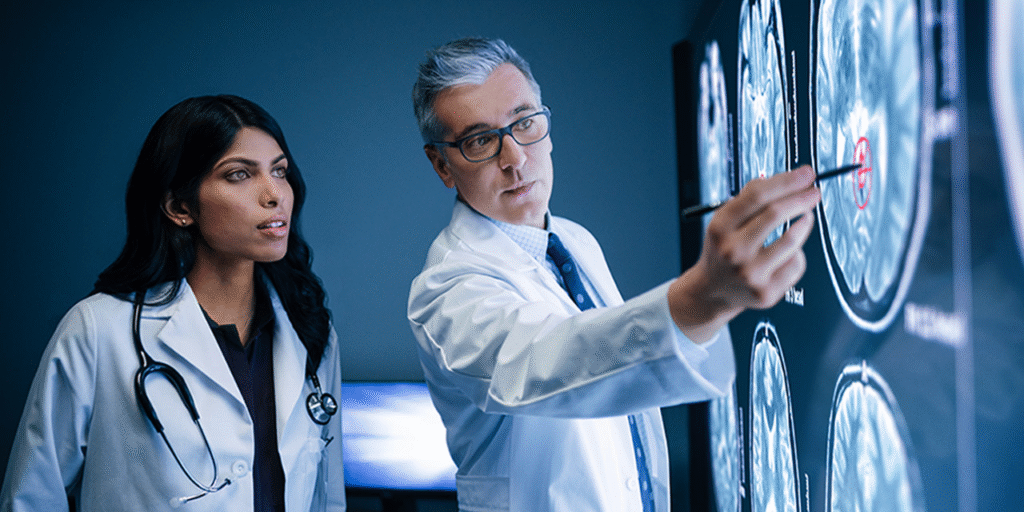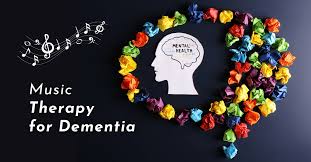There’s something comforting about a doctor with a stethoscope hanging around their neck, scribbling confidently on a clipboard. What’s less comforting is knowing they would need to read five years’ worth of medical research last night to stay updated. Spoiler: they didn’t.
That’s where cognitive computing steps into healthcare — not like a superhero, but like that quiet genius in a heist movie who hacks the security system while sipping coffee. Invisible, calm, and smarter than everyone else in the room.
Let’s look at how cognitive computing is reshaping healthcare, quietly upgrading the way doctors diagnose, treat, and predict health outcomes.
The Doctor’s Not Alone Anymore
Healthcare has a data overload problem. Every patient brings a mountain of charts, lab reports, scans, symptoms, and a few old notes that probably say “observe.” Multiply that across millions of patients, and spotting early warning signs becomes nearly impossible.
Cognitive systems fix this. They don’t sleep, forget, panic, or skip obscure research papers. They scan everything, analyze patterns, and whisper to the doctor:
“Hey, maybe check for this rare condition no one’s considered yet.”
It’s like having a genius assistant in the room — without the attitude.
Use Case #1: Smarter Diagnoses, Faster Decisions
Imagine handing a system your full medical record, lab results, imaging scans, and even what you Googled at 2 a.m. It compares all of it with global healthcare data, past case histories, and research papers — in seconds.
It doesn’t replace doctors.
It empowers them.
Instead of saying, “This is the diagnosis,” it says:
“There’s a 78% likelihood it’s this — and here’s the evidence.”
It’s like giving your doctor a data-powered upgrade.
Use Case #2: Real Personalization in Healthcare
“Personalized medicine” gets thrown around a lot, usually meaning they guessed your weight and added your name to the report.
Cognitive computing actually delivers it.
These systems analyze:
- Genomics
- Previous treatment responses
- Lifestyle factors
- Social and economic data
- Global healthcare patterns
Then they provide treatment paths backed by real outcomes — not assumptions.
Less guesswork. More precision.
Use Case #3: Predicting Problems Before They Happen
Cognitive systems aren’t psychic, but in healthcare, they come close.
Hospitals use them to detect early signs of conditions like sepsis hours before humans can spot them. Not because machines have intuition — but because they constantly track patterns in real time and remember every past case.
It’s not magic.
It’s math that saves lives.
The Reality Check: Healthcare Humans Don’t Scale

Doctors are exhausted. Nurses are overloaded. Admins are drowning in digital paperwork. Healthcare is struggling under its own weight.
Cognitive computing can’t fix everything, but it:
- catches what humans miss
- remembers what we forget
- never delays a check
- reduces errors
- speeds up decisions
But yes — it also makes some people nervous. It should. Not because it replaces people, but because it pushes the entire healthcare system to evolve.
But Here’s the Catch
Let’s stay real:
- Biased data = biased decisions
- Black-box systems erode trust
- Poor implementation = expensive disappointment
- Machines need humans to supervise, correct, and question
The best cognitive healthcare systems don’t replace doctors — they make them heroes.
Final Thought: This Is the Healthcare AI We Actually Need
Cognitive computing doesn’t need a robot body or a flashy PR campaign. It just needs to quietly work in the background, saving lives, spotting risks, and offering insights doctors don’t have time to hunt for.
Next time your doctor gives you a surprisingly precise treatment plan or catches something early, don’t thank the cloud.
Thank the fact that healthcare finally adopted technology that listens, learns, and never forgets — something the rest of us can’t always say.





